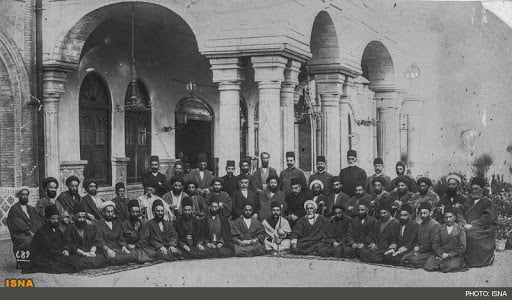Abstract
The Russian Revolution of 1905 was followed by a series of revolutions in Iran (1906), Turkey (1908), Mexico (1910), and China (1911) that marked a new stage in the history of the developing world and brought several competing ideologies – nationalism, democracy, religion, and socialism – into open confrontation. The Iranian Constitutional Revolution is remembered most for its establishment of a parliament and a democratic constitution in the country for the first time. Less known are the roles of various social democratic tendencies that were active in Iran in this period. These groups, which became politically important organizations in their own right, are of crucial importance in an understanding of the course and development of the revolution.

